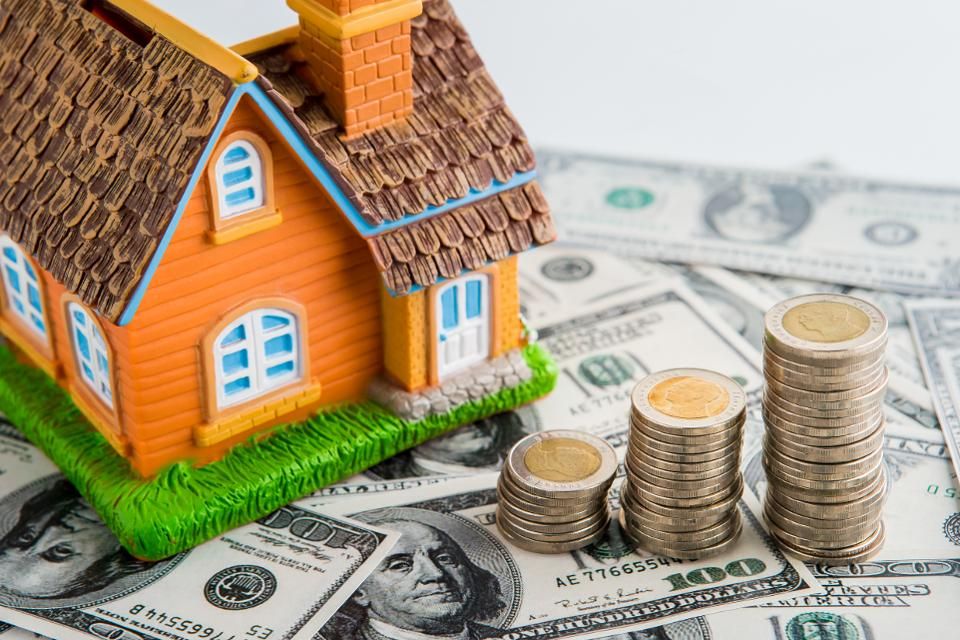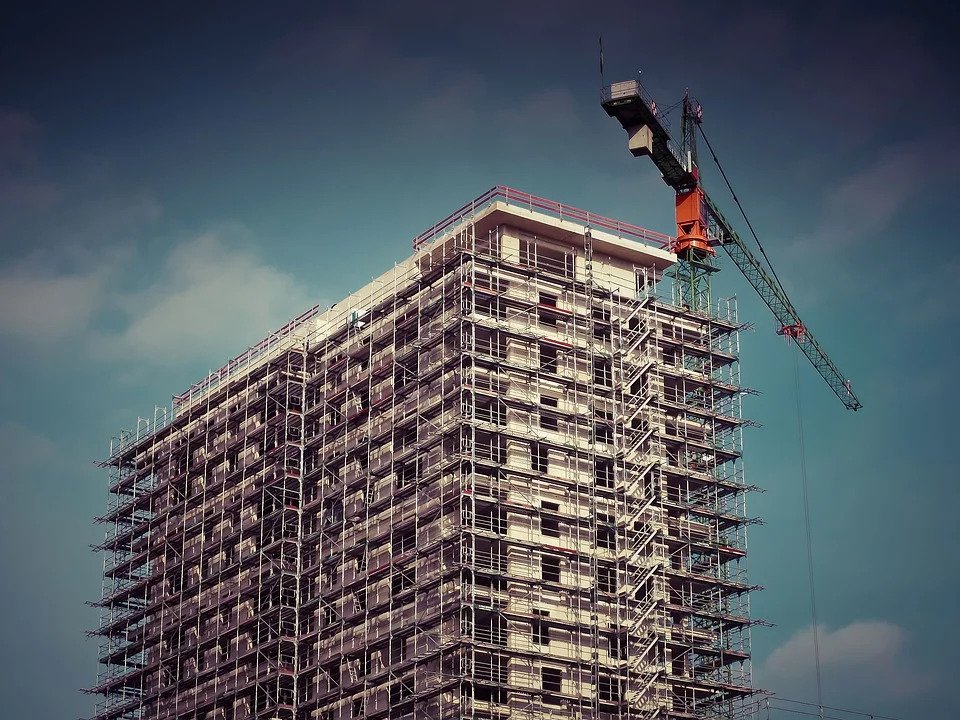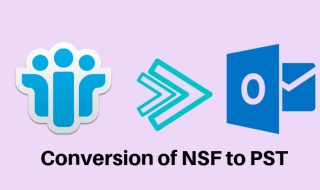Investing in property is one of the most potent ways to build wealth. It is also rife with pitfalls. You may think that you’re on the path to success, only to discover years into your project that you’ve made some grave errors that undermine your profitability.
There’s No Guarantee Your Property Will Appreciate
Returns from property investments come from two sources: rent and real estate appreciation.
Rent is pretty much guaranteed. If you can’t find tenants at the listed price, lower it by 10 percent and try again.
House price appreciation, however, is not a certainty. While the general trend is for prices to rise, there are good reasons today to believe that we’re at a stalling point in the market.
The Case-Shiller index, for instance, tracks the price of housing relative to both inflation and wages. Historically, house prices and incomes rose together in lockstep. Homes cost around three times annual income. Today, though, the price of houses has accelerated past the growth in wages, leading to a topsy-turvy market that could crash at any time.
At the moment, prices can stay high because interest rates remain low, but what if that changes? What if the cost of capital goes up to its historical norms? We could be in trouble.
Your Emotions Can Cause You To Overpay

How to Avoid Emotional Investing
The best way to ensure positive returns on your property investments is to buy low and sell high, but sometimes your emotions can get in the way of business hard-headedness. Often, you’ll stumble across a property that you fall in love with and want to own. It’s only natural.
The problem is that the seller can use your irrationality to raise the price. You’ll unconsciously pay more than you need, cutting into your returns.
If possible, try to take your feelings out of the buying decision. Stick to rigorous return-on-investment calculations and ignore the appeal of idyllic or pretty properties. For the most part, you won’t be living in them.
Managing Your Properties Is A Lot Of Work
Commentators often describe property investments as being a great way to earn “passive” income. Anyone who actually tries it, though, will soon discover that it is anything but sitting on your couch and waiting for the money to roll in. Tenants can take up a lot of your time with one thing or another, meaning that you’ll struggle to do a regular job on the side.
You can, however, cut down on the time you must dedicate by using commercial property software. The idea here is to bring all your real estate investments “under one roof,” allowing you to see all your processes.
Maintenance Will Eat Into Your Returns

The Universal Costs Of Owning Rental Property
If you buy a property for $100,000 and calculate that you can make $15,000 in rent per year, you’re looking at a 15 percent return, right?
Not quite. Unfortunately, inflation, maintenance, and taxes will all eat into your return, slashing it considerably.
Good properties require you to spend 1 percent of their total value in upkeep per year. So your juicy 15 percent return will be more like 14 percent or less – still pretty good, but not quite as high as you might imagine at first.
Vacancies Are More Common Than You Think
Even though the economy is good right now, vacancies are more common than you might think.
Remember how the real estate rental market works. Property owners set rents as high as they think that they think the market will support. So while lots of people probably want to live in your property, only a few will be willing to do so at the quoted price.
The pool of people willing to step up and pay rent, therefore, is often quite small – perhaps a dozen people. Vacancies, therefore, are likely if you don’t lower your prices.
Tenants Have Lots Of Rights
Most landlords are shocked to find out how many rights tenants have.
For instance, even though you own the property, you’re not allowed to drop in unannounced for inspections. You have to give notice.
You also have to allow tenants to make renovations without your permission. Disabled tenants, for instance, may install handrails around the front door and in the bathroom.
You’re also forbidden from kicking your tenants out if they fail to make a payment. Eviction processes usually take more than a month, during which you could miss out on vital income.
Overall, the benefits of property investment businesses outweigh the costs, but you need to be aware of them, nonetheless.





